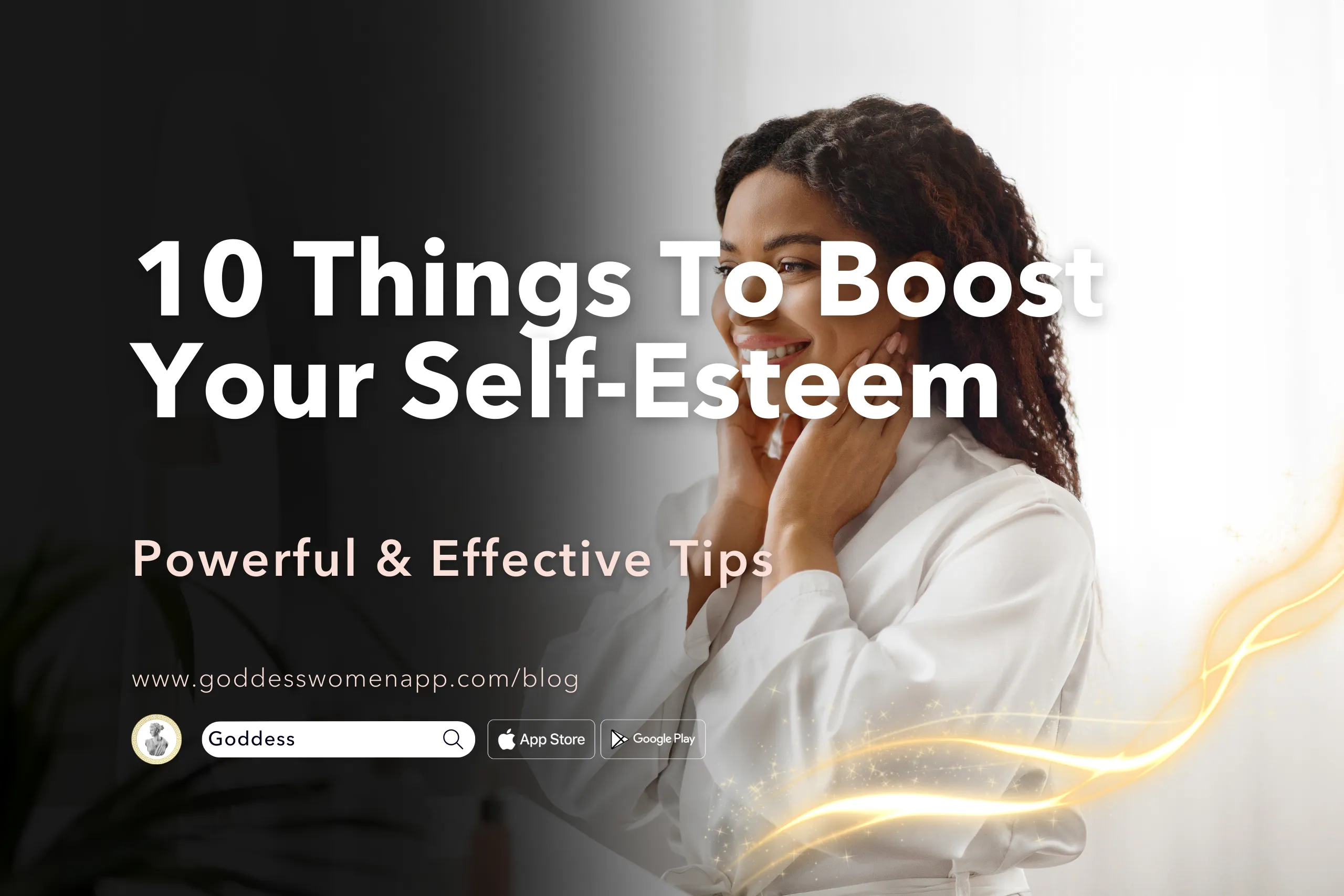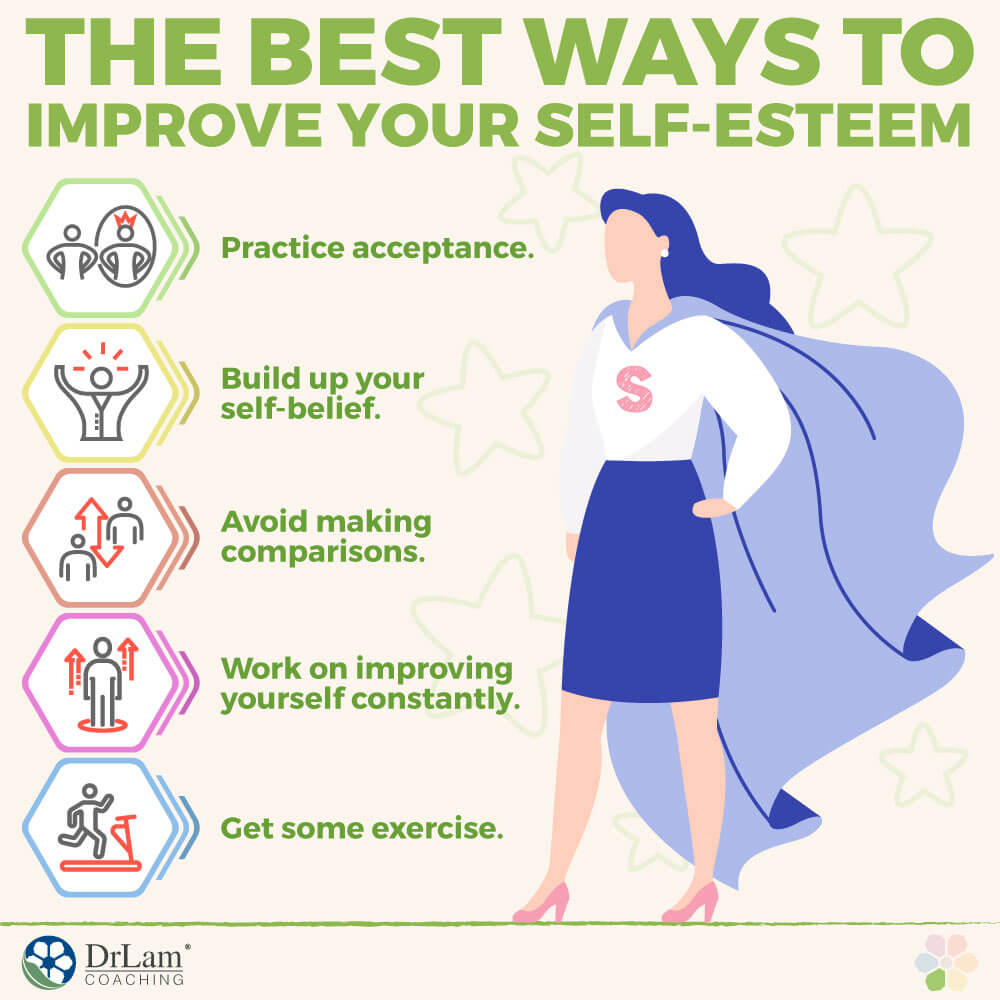How To Improve Your Self-esteem As A Woman

In a society often saturated with unrealistic portrayals of beauty and success, maintaining a healthy sense of self-esteem can be a significant challenge, particularly for women. Experts and research suggest that fostering positive self-regard requires a multifaceted approach, encompassing both internal reflection and external actions.
This article delves into evidence-based strategies that women can employ to bolster their self-esteem. These strategies range from cultivating self-compassion to setting achievable goals, aiming to empower women to navigate societal pressures and embrace their authentic selves.
Understanding Self-Esteem
Self-esteem, at its core, is the subjective evaluation of one's own worth. The American Psychological Association defines it as the degree to which individuals value, approve of, appreciate, prize, or like themselves.
Low self-esteem can manifest in various ways, including self-doubt, negative self-talk, and a fear of failure. Conversely, healthy self-esteem is characterized by self-acceptance, confidence, and resilience.
Practical Strategies for Improvement
Cultivating Self-Compassion
Self-compassion involves treating oneself with the same kindness and understanding that one would offer to a friend. According to Dr. Kristin Neff, a leading researcher in the field, self-compassion comprises three key elements: self-kindness, common humanity, and mindfulness.
Instead of berating oneself for mistakes, practice offering words of encouragement and understanding. Recognize that imperfections are a part of the human experience and that everyone makes mistakes.
Mindfulness, the practice of being present in the moment without judgment, can help women become more aware of their self-critical thoughts and respond to them with compassion.
Challenging Negative Self-Talk
Negative self-talk can significantly erode self-esteem. Identifying and challenging these negative thoughts is crucial for fostering a more positive self-image.
Cognitive Behavioral Therapy (CBT) techniques, such as cognitive restructuring, can be effective in reframing negative thoughts. This involves identifying negative thought patterns, evaluating the evidence supporting and contradicting them, and replacing them with more balanced and realistic thoughts.
Setting and Achieving Goals
Setting realistic and achievable goals can provide a sense of accomplishment and boost self-esteem. Choose goals that are aligned with your values and interests.
Break down larger goals into smaller, more manageable steps. Celebrate each milestone achieved along the way to reinforce positive feelings of accomplishment.
Practicing Self-Care
Self-care is essential for maintaining both physical and mental well-being. Prioritizing self-care activities, such as exercise, healthy eating, and adequate sleep, can significantly impact self-esteem.
Engage in activities that bring joy and relaxation. This could include reading, spending time in nature, or pursuing hobbies.
Building Strong Social Connections
Supportive relationships can provide a sense of belonging and validation, contributing to improved self-esteem. Surround yourself with people who are positive, encouraging, and supportive of your goals.
Seek out opportunities to connect with others through shared interests or activities. Consider joining a club, volunteering, or attending social events.
Seeking Professional Help
In some cases, low self-esteem may be deeply rooted in past experiences or mental health conditions. If self-esteem issues are persistent and significantly impacting daily life, seeking professional help from a therapist or counselor is recommended.
Therapy can provide a safe and supportive space to explore underlying issues and develop coping strategies.
The Societal Impact
Improved self-esteem among women has far-reaching societal benefits. Confident and self-assured women are more likely to pursue leadership roles, advocate for their rights, and contribute to their communities.
Furthermore, women with high self-esteem are more likely to raise children with healthy self-esteem, creating a positive ripple effect across generations.
By adopting these evidence-based strategies, women can cultivate a stronger sense of self-worth and navigate the challenges of modern life with greater confidence and resilience. Embracing self-compassion, challenging negative thoughts, and prioritizing self-care are essential steps towards building a more positive and fulfilling life.


















